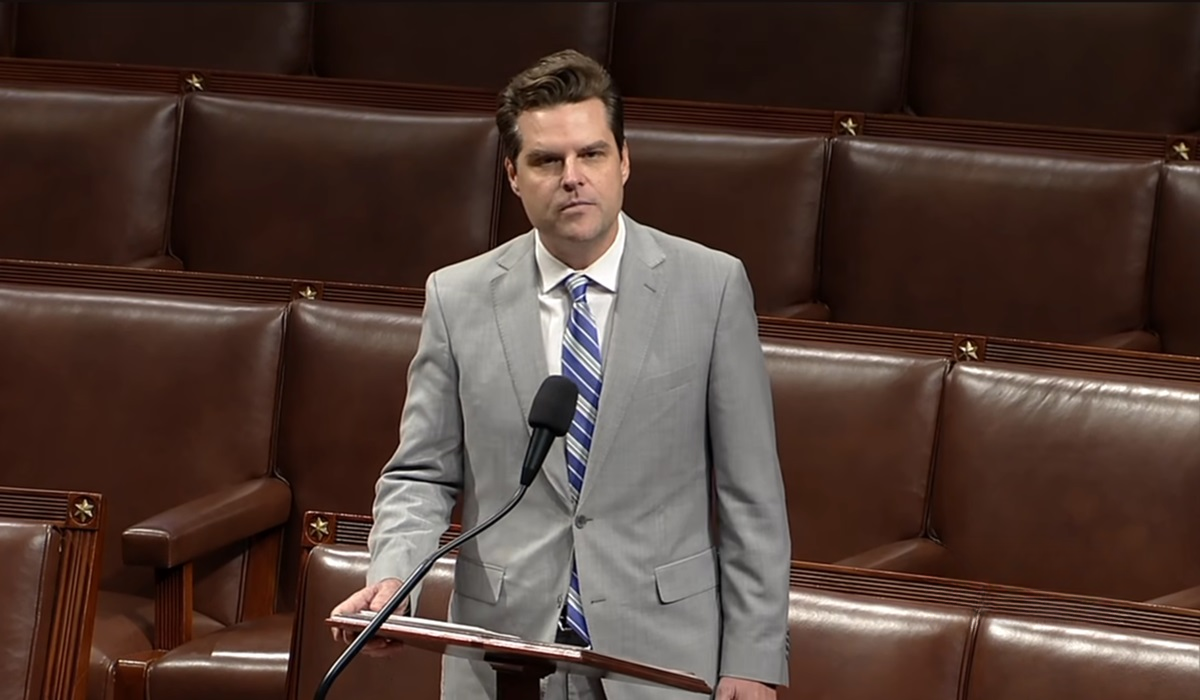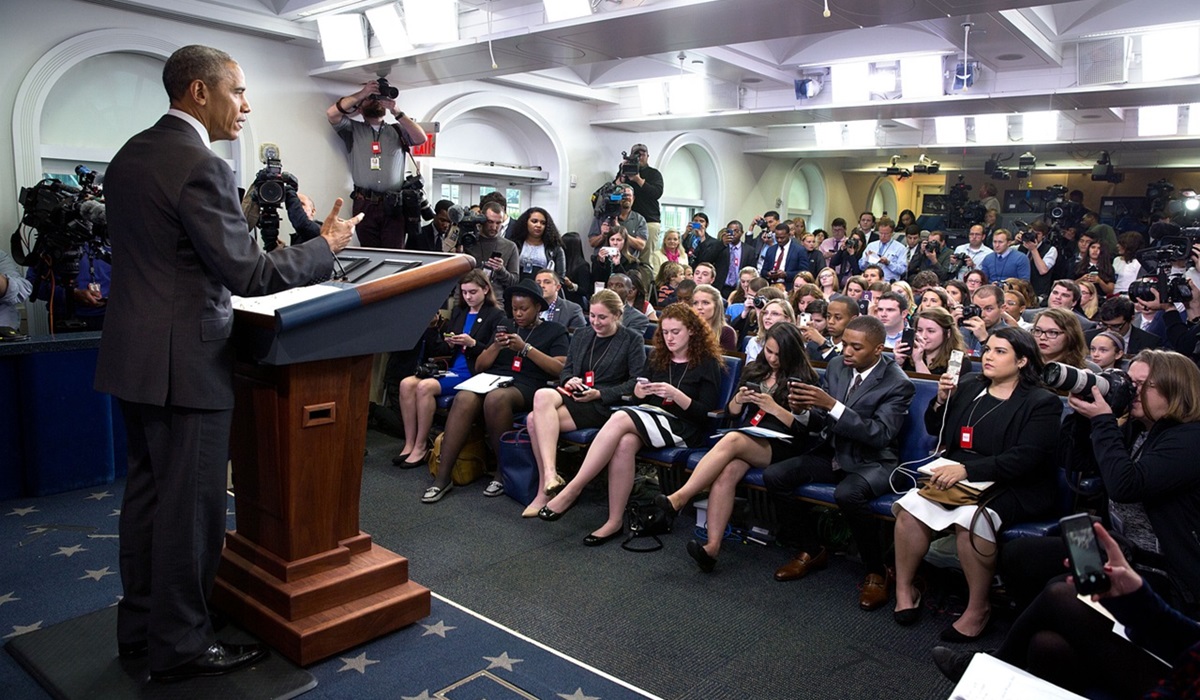Matt Gaetz Withdraws as Trump’s Attorney General Pick Amid Sexual Assault Allegations
- Xuemei Pal
- U.S.A
- November 21, 2024

Rep. Matt Gaetz’s decision to withdraw as Donald Trump’s pick for attorney general has many Republicans expressing relief. The nomination had been weighed down by ongoing sexual assault allegations and a federal investigation that placed the Florida congressman under intense scrutiny. Ultimately, the legal troubles became too much to overcome, leading him to step back from the role.
The allegations that surfaced in 2021, claiming that Gaetz paid for sex with underage girls, had long hung over his nomination. Though he denied any wrongdoing, the investigation into his alleged involvement in sex trafficking continued to attract media attention. This legal cloud, coupled with his controversial political views, made his appointment to the top law enforcement position increasingly untenable for the GOP.
While some Republicans may have privately hoped for him to withdraw, many within the party were publicly relieved when the decision was made. Having a nominee embroiled in such a scandal would have only intensified the media storm surrounding Trump’s cabinet picks. His nomination had the potential to overshadow the GOP’s broader agenda, turning it into a liability as the party sought to maintain a positive public image.
However, some members of the party, like GOP Senator Rick Scott, expressed disappointment over the withdrawal. Scott, a vocal supporter, lamented the lost opportunity, noting his ally’s commitment to conservative causes. Yet his remarks seemed out of step with the wider GOP concerns, as the party struggled to reconcile loyalty to the congressman with the practical realities of avoiding further controversy.
The incoming Senate Majority Leader took a more measured approach, respecting the decision to withdraw. This response highlighted the tension within the party as leaders navigated personal loyalty to the congressman while also seeking to avoid unnecessary political baggage. In the end, his exit allowed the GOP to avoid a potential public relations disaster.
This episode is just the latest in a series of contentious nominations by Trump that have drawn criticism. Linda McMahon, nominated for Education Secretary, faced similar scrutiny due to her ties to alledged sexual assault incidents during her time at WWE. These controversies, along with other questionable picks, have raised questions about the direction of Trump’s potential second-term administration.
Another source of growing frustration has been the lack of diversity within Trump’s cabinet. Despite the nation’s increasing racial diversity, high-profile minority appointments have been notably absent from key positions. This has prompted criticism not only from Democrats but from Republicans as well, as the party faces increasing pressure to reflect the changing demographics of the United States.
The withdrawal was seen by many as a necessary step for Trump’s campaign, providing an opportunity to reassess his approach to cabinet picks as he gears up for a possible second term. While his exit may have been the right move for both him and the party, the broader question remains: will future nominations continue to be mired in controversy, or will the GOP find a way to navigate these challenges moving forward?
As the party moves past the attorney general nomination, it must now contend with the ongoing issues surrounding Trump’s cabinet selections. The relief within the GOP is palpable, but the legacy of scandal, the lack of diversity, and the continuing scrutiny of Trump’s choices loom large over the party’s future. How the former president handles these challenges in the coming months will have significant consequences for both his political standing and that of the Republican Party.








